York University’s Lassonde School of Engineering welcomes several new faculty members this Fall
Tags:
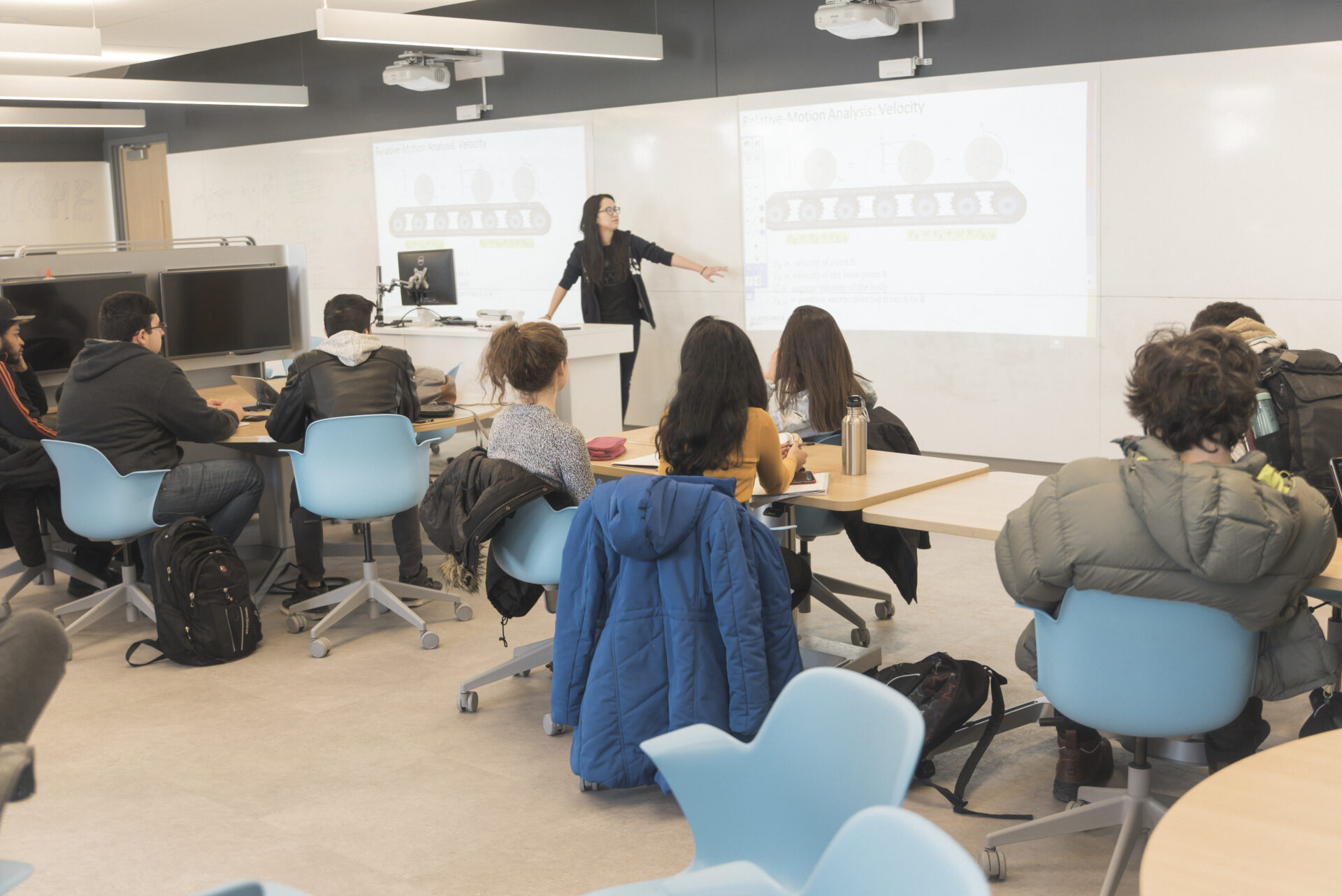
“As our faculty grows, so do the ideas, energy and perspectives we can share with students in classrooms and labs,” said Jane Goodyer, Dean of the Lassonde School of Engineering. “These new members of our team, whose work spans artificial intelligence, natural language processing, digital infrastructure and inclusive design, will help advance research and enrich the learning experience for our students. This combination of discovery and teaching is what helps us prepare future engineers and scientists to design solutions that are innovative, inclusive and sustainable.”
Enas Altarawneh
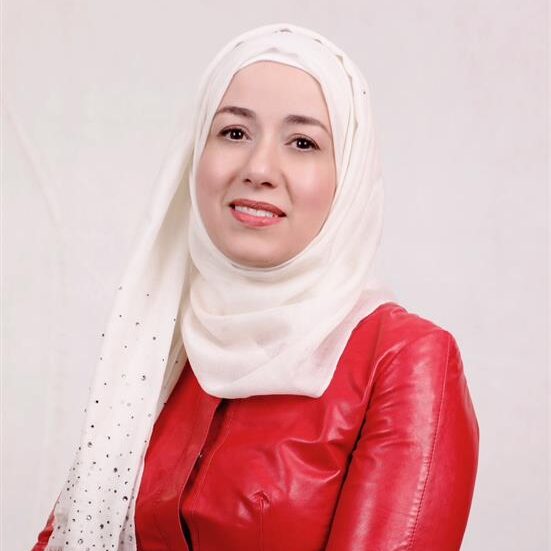
Altarawneh joins Lassonde as a sessional assistant professor in the Department of Electrical Engineering and Computer Science, combining her passion for teaching with research on the intersection of machine learning and emotional intelligence. She uses advanced techniques such as graph neural networks and large language models to develop emotion-aware AI agents, evaluated through Human-Computer and Human-Robot Interaction. Her interdisciplinary work spans psychology, engineering and AI, including the creation of a social security robot with emotion-aware de-escalation capabilities.
Prior to joining Lassonde, Altarawneh was a postdoctoral researcher at Toronto Metropolitan University with the Canada Excellence Research Chair (CERC) in Health Equity and Community Wellbeing, where she focused on technology-facilitated violence detection in interdisciplinary contexts. She also brings extensive teaching experience, having taught courses such as Discrete Mathematics, Programming, Web Development, Ethics in the Information Age, Theory of Computation, Machine Learning, and Data Mining at universities and colleges in Canada and internationally.
Her academic achievements have been recognized with prestigious awards, including the NSERC Postdoctoral Fellowship, NSERC Canada Graduate Scholarship – Doctoral (CGS-D), Postgraduate Scholarship – Doctoral (PGS-D), multiple Ontario Graduate Scholarships, and the VISTA scholarship. These honours reflect her commitment to excellence in teaching and research, as well as her dedication to bridging AI with real-world applications through collaboration, innovation, and meaningful impact.
Ines Arous
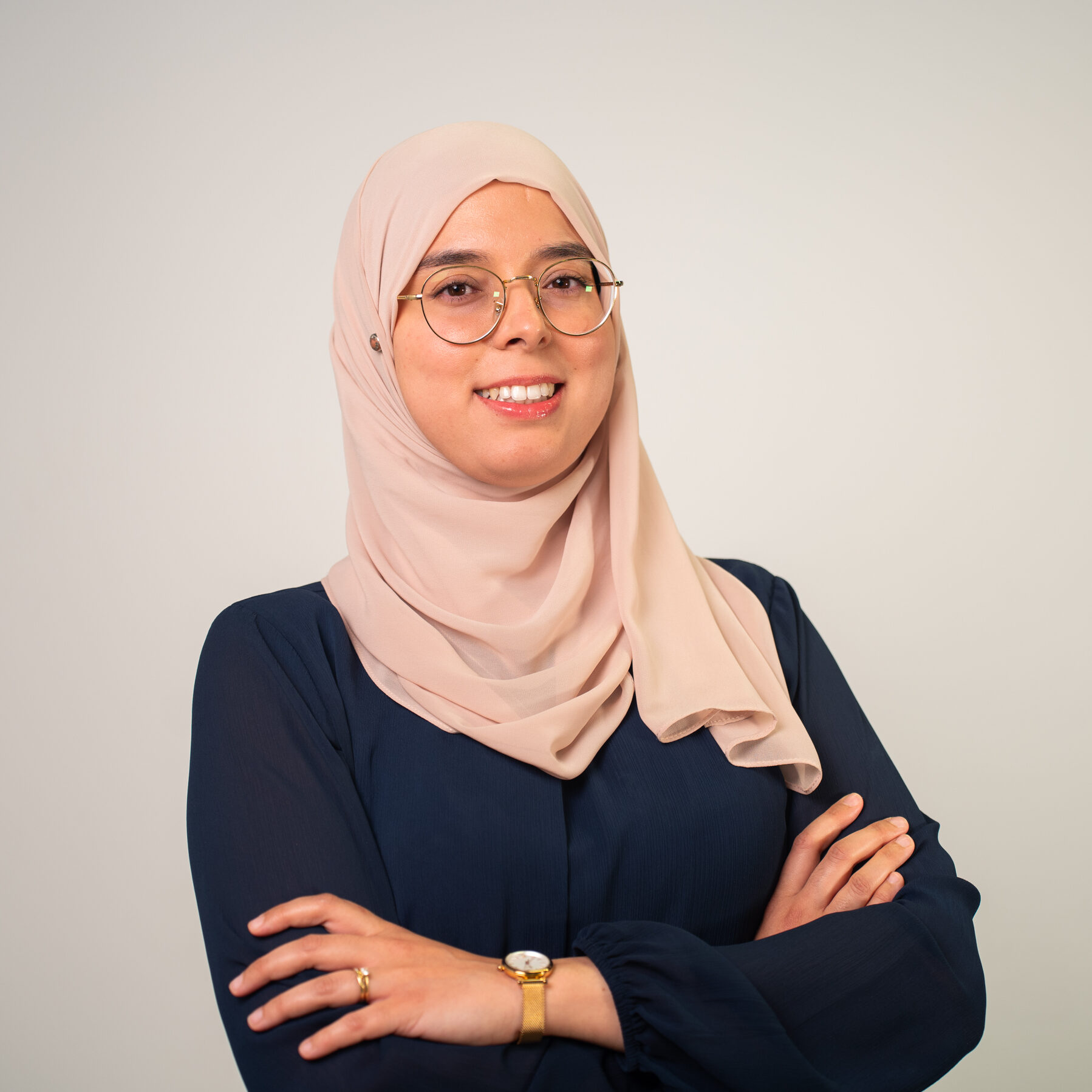
Arous joins Lassonde as an assistant professor in the Department of Electrical Engineering and Computer Science. She was a Postdoctoral Researcher at the Mila – Quebec AI Institute and McGill University, where she worked with Professor Jackie C.K. Cheung on optimizing the use of human feedback in large language models. She received her PhD in Computer Science from the University of Fribourg under the supervision of Professor Philippe Cudré-Mauroux.
Arous’s research lies at the intersection of human computation, natural language processing and generative AI. Her work aims to develop frameworks that leverage human intelligence to enhance Natural Language Processing models, particularly Large Language Models, and tailoring them for applications with significant societal impact. Her work has been published and presented at top conferences, including the Web Conference, AAAI, and ACL.
Hicham H. Hallal

Hallal is a sessional assistant professor (teaching stream) in the Department of Electrical Engineering and Computer Science. Hallal earned his PhD in Electrical Engineering from McGill University in 2008. During the period between 2000 and 2009, Hallal worked as a research engineer at the Computer Research Institute of Montreal in the field of distributed system analysis and formal methods. He worked on numerous projects on distributed system analysis with leading industrial partners, including Siemens AG, SAP, and IBM. In 2009, he moved to academia and took on teaching and administrative positions in Lebanon, and Saudi Arabia where he served as Chairperson of the Electrical Engineering Department and Acting Dean of the College of Engineering at Fahad Bin Sultan University in KSA. Hallal joined the American University of Sharjah (AUS) in 2018. He served as a senior lecturer in the department of Computer Science and Engineering, where he also took the role of academic advisor of the computer science and computer engineering programs.
Hallal’s teaching covers several topics in the Computer Science, Computer Engineering and Electrical Engineering disciplines including Software Engineering, GUI Design and Programming, Virtual and Augmented Reality and Game Development, Computer Organization and Architecture, Microcontrollers and Embedded Applications, Signals and Systems, and Communication Systems. Hallal’s research interests include modeling and verification of distributed systems, Virtual Reality systems and applications, and Cybersecurity.
Anirudh Mohan Kaushik

Kaushik is an assistant professor in the Department of Electrical Engineering and Computer Science. He received the PhD degree from the University of Waterloo in 2021. His research interests include cyber-physical systems, high-performance computer architecture, and compiler design. His current research focuses on designing timing predictable and high-performance multi-core and accelerator computer architectures for cyber-physical systems. Prior to joining the Lassonde School of Engineering, Kaushik worked at Intel, AMD, and IBM in research and design roles spanning software performance analysis, compiler design and hardware micro-architecture.
Emily Kuang
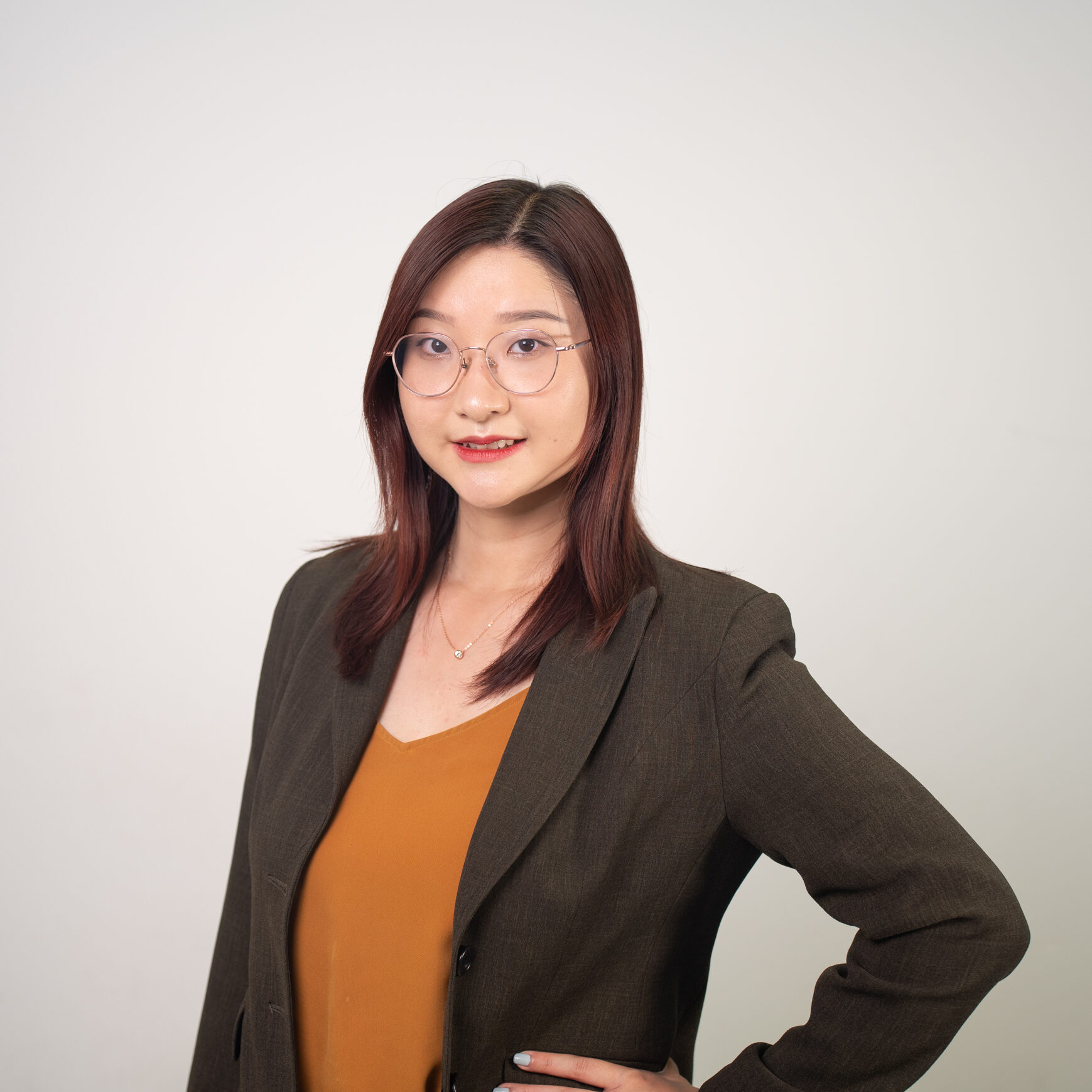
Kuang also joins as an assistant professor in the Department of Electrical Engineering and Computer Science. She earned her PhD in Computing and Information Sciences from the Rochester Institute of Technology (RIT), where she was a member of the Center for Accessibility and Inclusion Research (CAIR). She holds a Bachelor of Applied Science in Biomedical Engineering from the University of Waterloo.
Kuang’s research lies at the intersection of Human-Computer Interaction (HCI), AI, and User Experience (UX). She designs and evaluates human-AI collaborative tools to improve usability analysis and design processes. In parallel, she leads initiatives in inclusive computing education and develops assistive technologies to support diverse user communities.
Her work has been published in top-tier venues such as CHI, CSCW, TVCG, VIS, DIS and ASSETS. She has received numerous awards, including the Google PhD Fellowship in HCI (one of only eight awarded globally in 2023), a Best Paper Honorable Mention at CHI 2024 (Top 5%), Best Paper at VAHC 2021, and RIT’s inaugural Outstanding Graduate Student Award (one of two PhD recipients university-wide).
During her PhD, Kuang also completed research internships at Autodesk Research and Meta Reality Labs, where she contributed to emerging technologies including Quest 3 and Ray-Ban Stories.
Navid Mohaghegh

Mohaghegh joins Lassonde as a sessional assistant professor (teaching stream) in the Department of Electrical Engineering and Computer Science. Mohaghegh is a principal expert in secure systems and digital infrastructure with a doctorate in Electrical and Computer Engineering from York University, where research focused on secure distributed architectures for cyber and biomedical systems. With over 25 years of experience in digital transformation, cybersecurity, systems architecture, and artificial intelligence, Mohaghegh has held senior technical and executive roles across the Government of Canada, IBM, Deloitte, CGI, Bell Canada, CN Rail, and major financial institutions.
Research interests include AI-driven Managed Detection and Response (MXDR), post-quantum cryptography (PQC), and privacy-preserving systems for large-scale data collection and processing. At York University, Mohaghegh teaches advanced courses in computing, cybersecurity, hardware systems, and artificial intelligence, while contributing to curriculum innovation and mentoring future technology leaders.
Publications include several technical textbooks and numerous applied research reports. Mentorship and supervision have led students into leadership roles across both academia and industry. Among the most impactful contributions are the architectural design of Canada’s national proof-of-vaccine credentialing system and CN Rail’s secure autonomous rail inspection platform—both nationally recognized as models of secure, scalable, and mission-critical infrastructure.
Sima Soltanpour

Soltanpour joins Lassonde as a sessional assistant professor (teaching stream) in the Department of Electrical Engineering and Computer Science. She received her PhD in Electrical and Computer Engineering from the University of Windsor and holds a BSc in Electrical Engineering from Amirkabir University of Technology (Tehran Polytechnic) in Iran. Prior to joining York, she was a Postdoctoral Fellow and Lecturer at Carleton University. Her research focuses on biomedical image processing, machine learning, deep learning, medical imaging analysis (MRI and fMRI), and biometric systems. She has extensive experience in developing novel algorithms for image denoising, segmentation, registration, and motion correction, with applications in healthcare and intelligent systems.
Rohollah Moosavi Tayebi
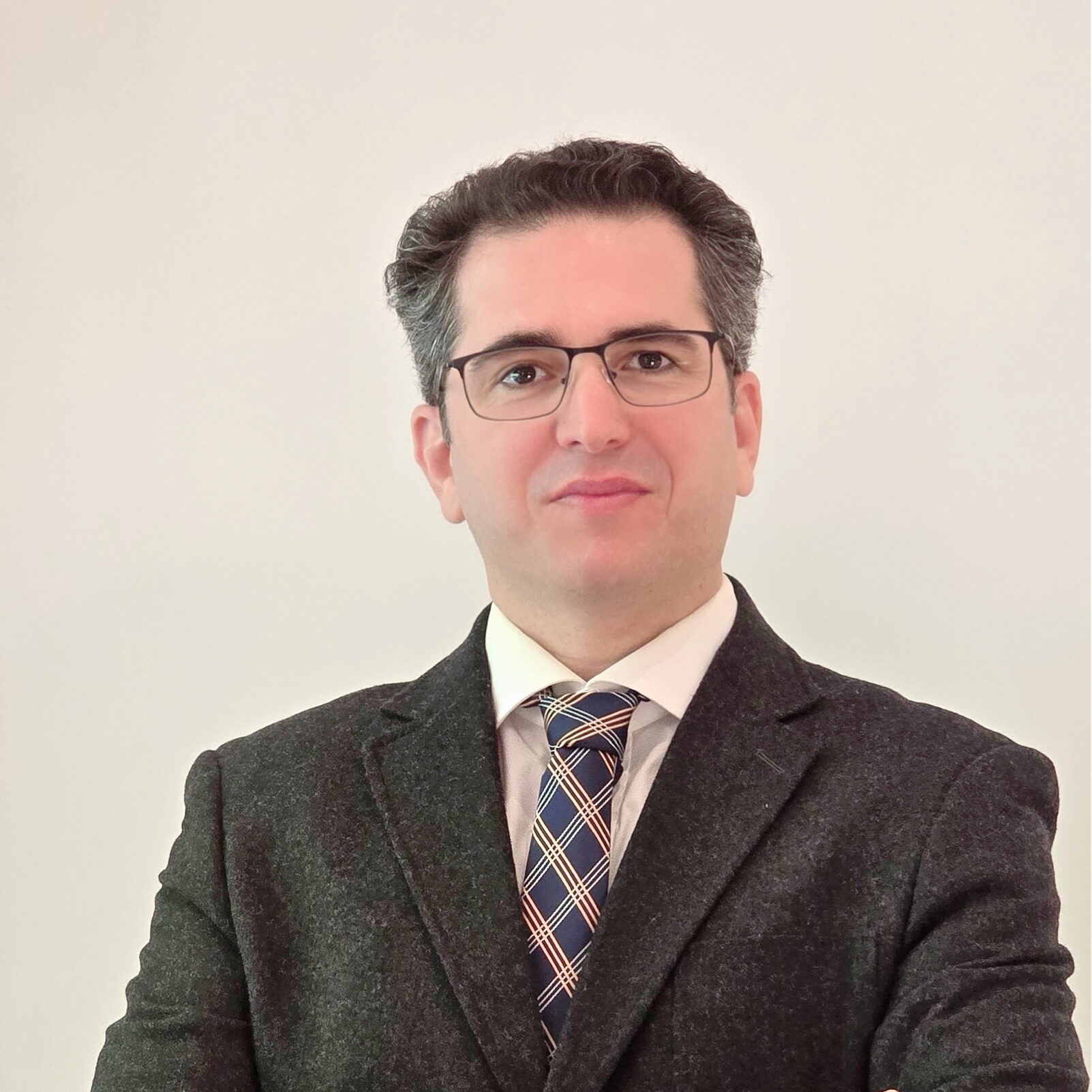
Tayebi joins Lassonde as a sessional assistant professor in the Department of Electrical Engineering and Computer Science (teaching stream). He holds a Bachelor’s (BSc) and Master’s (MSc) degree in Computer Software Engineering, a PhD in Computer Science with a specialization in Computer Vision and has completed Postdoctoral Fellowships in Computer Science at McMaster University and the University of Waterloo.
Tayebi has been teaching Computer Science and Computer Engineering courses since 2005 at several universities, including six years as a limited term teaching faculty member at Ontario Tech University and 13 years as an assistant professor at Tehran Azad University, Iran.
Over the past two decades, his teaching has covered a broad range of subjects, including Design and Analysis of Algorithms, Database Design, Big Data Systems, Operating Systems, Scientific Data Analysis, Image Processing, and Computer Vision. He brings nearly 20 years of academic experience to the classroom, blending strong theoretical foundations with practical expertise gained through his professional work as a Software Engineer, Senior Software Engineer, and Team Lead in the tech industry.
His research interests include Large Language Models, Big Data, Machine Learning, Deep Learning, and Medical Image Processing, with a focus on developing AI-driven methods for data-intensive applications, particularly in healthcare.
Hui Wang
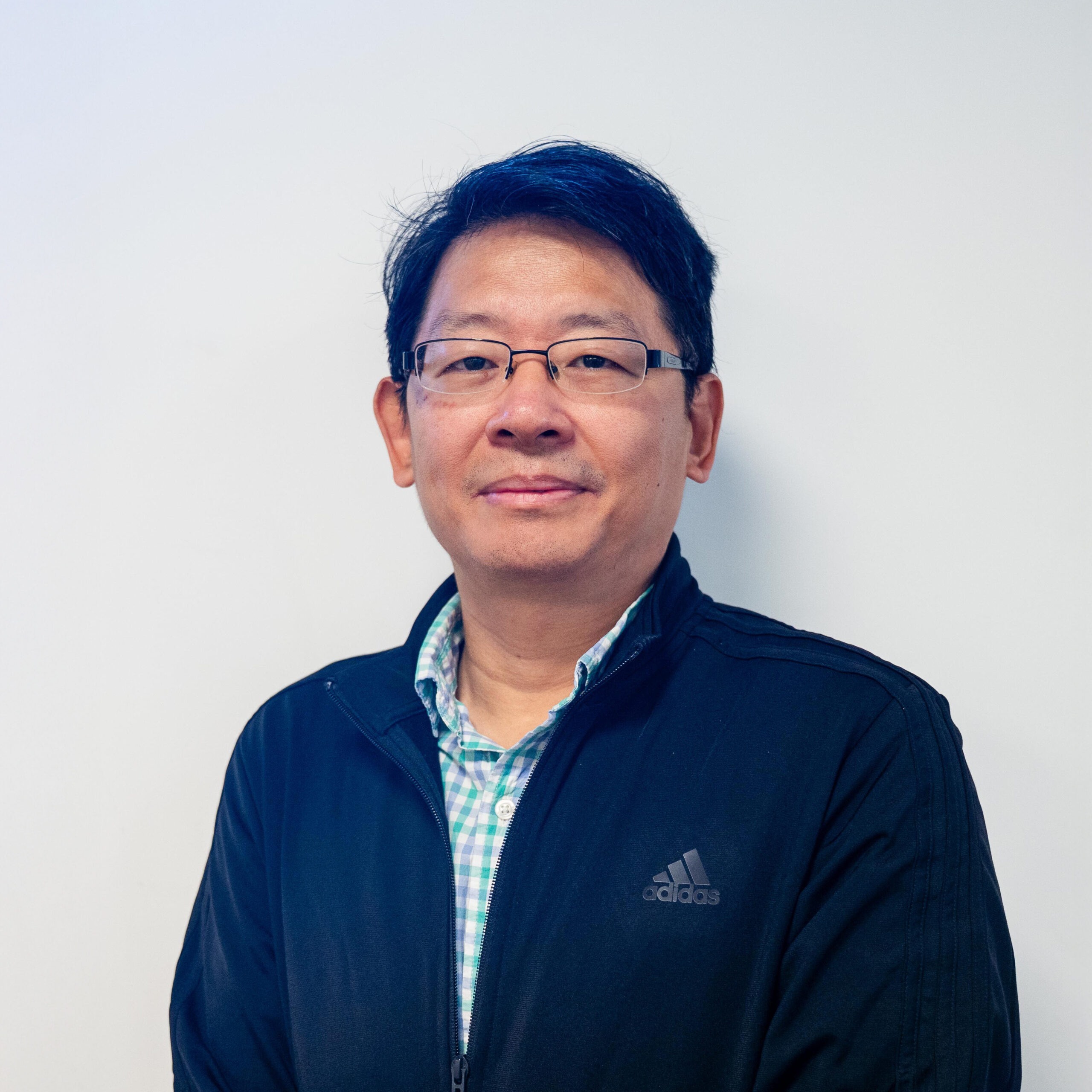
Wang has been teaching in the Department of Electrical Engineering and Computer Science at York University since 2019 and now takes on the role of sessional assistant professor. He holds a BEng in Industrial Management Engineering, as well as a BSc and MSc in Computer Science. He earned his PhD in Computer Science at York University in 2014, where his research focused on developing exploration and mapping algorithms for various robotic systems. His academic excellence was recognized through several prestigious awards, including the NSERC Postgraduate Scholarships (PGS-D and PGS-M) and the Ontario Graduate Scholarship (OGS).
After his postdoc, he spent five years in industry as a software engineer, specializing in large-scale systems such as ERP and engineering databases for the aviation sector.
With over 15 years of combined academic and industry experience, Wang offers a broad, practical perspective on computer science. His teaching and research interests include computer science education, algorithms, object-oriented design, software engineering, web and mobile development, e-commerce, databases, cybersecurity, artificial intelligence, and robotic exploration and mapping.
As Lassonde continues to grow its community of changemakers and creators, Goodyer expressed her enthusiasm for what lies ahead: “I know our new faculty members will thrive here and play an important role in shaping our shared future through their teaching, collaboration and mentorship.”